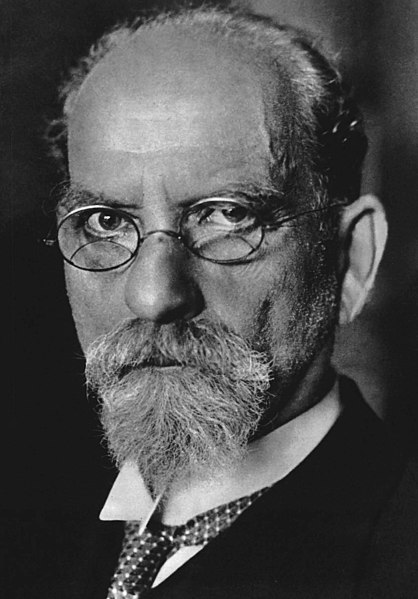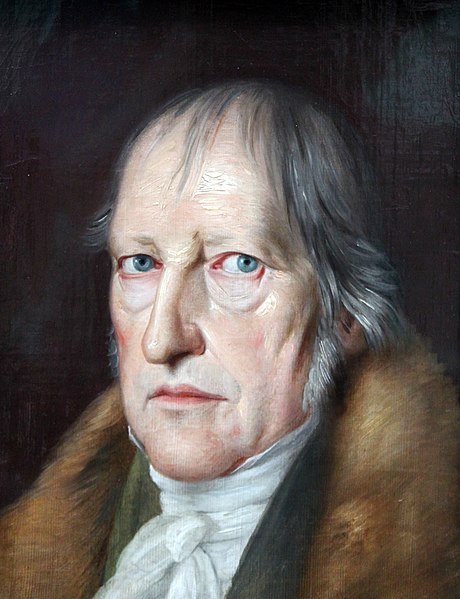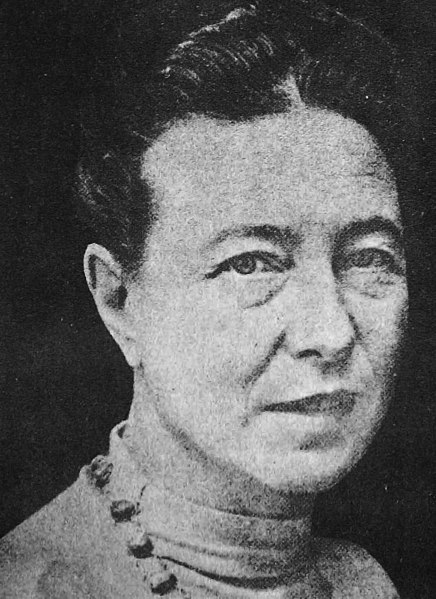Social norms are shared standards of acceptable behavior by groups. Social norms can both be informal understandings that govern the behavior of members of a society, as well as be codified into rules and laws. Social normative influences or social norms, are deemed to be powerful drivers of human behavioural changes and well organized and incorporated by major theories which explain human behaviour. Institutions are composed of multiple norms. Norms are shared social beliefs about behavior; thus, they are distinct from "ideas", "attitudes", and "values", which can be held privately, and which do not necessarily concern behavior. Norms are contingent on context, social group, and historical circumstances.
Shaking hands after a sports match is an example of a social norm.
"Normal = bad word", a graffiti in Ljubljana, Slovenia
Figure 1. The return potential model (reproduced from Jackson, 1965).
Other is a term used to define another person or people as separate from oneself. In phenomenology, the terms the Other and the Constitutive Other distinguish other people from the Self, as a cumulative, constituting factor in the self-image of a person; as acknowledgement of being real; hence, the Other is dissimilar to and the opposite of the Self, of Us, and of the Same. The Constitutive Other is the relation between the personality and the person (body) of a human being; the relation of essential and superficial characteristics of personal identity that corresponds to the relationship between opposite, but correlative, characteristics of the Self, because the difference is inner-difference, within the Self.
The founder of phenomenology, Edmund Husserl, identified the Other as one of the conceptual bases of intersubjectivity, of the relations among people.
The idealist philosopher G. W. F. Hegel introduced the concept of the Other as constituent part of human preoccupation with the Self.
The philosopher of ethics Emmanuel Lévinas said that the infinite demand the Other places on the Self makes ethics the foundation of human existence and philosophy.
The philosopher of existentialism Simone de Beauvoir developed the concept of The Other to explain the workings of the Man–Woman binary gender relation, as a critical base of the Dominator–Dominated relation, which characterises sexual inequality between men and women.







